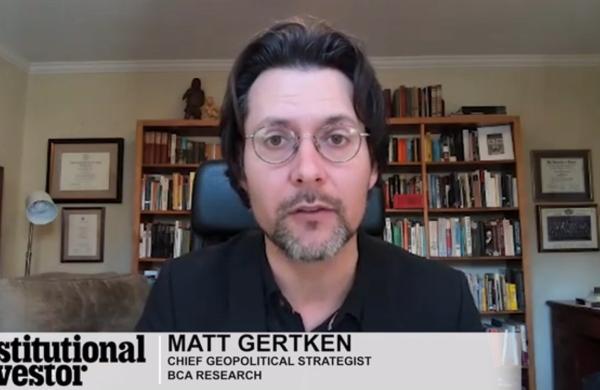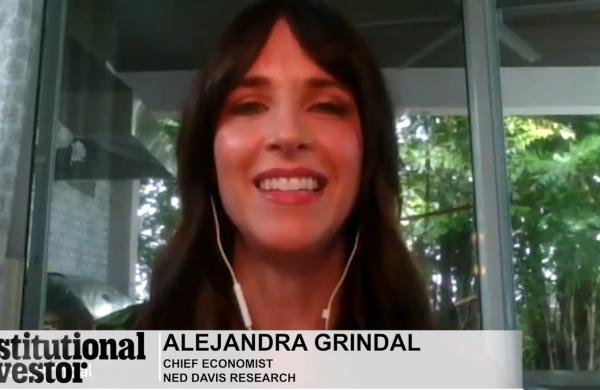[Links to profiles of the winners in each sector are available at the end of this article.]
A year ago the emerging markets of Europe, the Middle East and Africa were bravely defying the financial crisis crippling developed economies in the West. The region’s biggest market, Russia, enjoyed robust growth, fueled by high oil prices and strong demand for commodities; the Russian Trading System index was on its way to a record high of 2,487.92 in mid-May, for a year-to-date gain of 8.6 percent. Investors, long accustomed to viewing emerging markets as inherently riskier than more-established economies, began to see them as a safe haven.
So much for decoupling: In the summer oil prices plummeted, and reverberations from the U.S.-led mortgage crisis finally began to rattle emerging markets, swiftly transforming them from among the world’s best performers to among the worst: The MSCI emerging Europe and Middle East index ended the year down 60.3 percent in local currency terms. Russia fared even more poorly; the RTS index plunged 72.4 percent in 2008.
Analysts — not to mention investors — were stunned by the speed and depth of the descent. “In the first half of the year, we were talking about initial public offerings, and in the second half, we were talking about bankruptcies,” recalls Alexander Burgansky, head of equity research at Renaissance Capital in Moscow.
Timely, accurate investment advice is never more vital than in a period of extreme economic turbulence. Money managers say the analysts who proved most adept at providing that advice in the last year can be found at Renaissance Capital and UniCredit Global Research, which share top honors in Institutional Investor’s 2009 Emerging EMEA Research Team. RenCap, which rises one rung to capture first place for the first time, wins ten total positions — all of them for teams ranked No. 1 in their sectors. UniCredit, also appearing in first place for the first time and capturing ten team positions, skyrockets from sixth place last year.
Two firms tie for third place: Banc of America Securities–Merrill Lynch, up from fourth place, and UBS, which holds the same rank as last year. Each firm wins nine total team positions.
Last year’s No. 1 firm, Deutsche Bank, drops to fifth place, with eight total team positions, down from 11. Results are based on responses from nearly 300 investors at more than 220 firms managing an estimated $226 billion in emerging EMEA equities.
RenCap’s victory caps a humbling year for the firm’s analysts. “We got the market wrong, and we got all the stocks wrong as well,” admits chief equity strategist Roland Nash, who leads top-ranked teams in Equity Strategy/Emerging EMEA Markets and Russia. “The markets are not exactly too friendly to anybody right now.”
The situation in Russia is more dire than in many other countries in the region, owing to the unique role of the nation’s oligarchs. Many of these politically powerful business leaders own huge shares of public companies, which they pledged as collateral for loans from Western banks to launch new businesses. “They were a lot more leveraged than anyone envisioned,” explains Burgansky, who is also leader of the No. 1 team in EMEA Oil & Gas.
As Russia’s economy started to collapse, the banks began issuing margin calls on the estimated $120 billion in loans, forcing many oligarchs to sell shares to raise capital. Faced with the prospect of European banks seizing Russian assets, in October the Kremlin unveiled a $50 billion bailout package to refinance the oligarchs’ loans, with the collateralized shares transferred to the Russian state. The bailout provoked controversy not only because it came to the immediate rescue of the nation’s wealthiest citizens — government assistance for Russia’s middle class would come later — but also because of concerns the Kremlin would retake control of companies privatized only in the past decade, should the oligarchs default on their loans or fall out of favor with the government.
Political uncertainty exacerbated the economic crisis in Turkey, where the ruling Adalet ve Kalkınma Partisi endured a lengthy and contentious constitutional challenge, ultimately prevailing in July.
Despite the turmoil, many brokerages are deepening their commitment to emerging markets, adding analysts in anticipation of an as-yet-unforeseeable rebound. RenCap added researchers in Kenya, Nigeria and Zimbabwe, to enhance its coverage of sub-Saharan Africa. “Where there’s lots of opportunities and few competitors, that’s exactly the kind of region we like,” says Nash.
BofA–Merrill Lynch hired analysts in Russia, South Africa and the United Arab Emirates. Michael Harris, the firm’s director of emerging-equities research and leader of the top-ranked team in Turkey, says expansion is necessary because clients demand “broader coverage and access to corporate leaders and policymakers.”
UniCredit added analysts in London, to take a regional approach to the financial sector, Russia and Turkey, according to Mark Robinson, global head of equity research, who leads the No. 3 team in Equity Strategy.
Robinson says that over the past year the firm has been intensifying efforts to “marry macro research” to sector and country coverage. Analysts, he says, “can perform better if they know what’s going on globally.”
“The industry is in disarray, and that throws up more opportunities,” Robinson adds. “We, as analysts, have to pick out the survivors of the corporate world.”
To view the profiles of the winners in each sector, click on a specific category (in bold) highlighted in the list on the following page.
EMEA Chemicals
EMEA Financials
EMEA Metals & Mining
EMEA Oil & Gas
EMEA Telecommunications
EMEA Utilities
Central Europe (Czech Republic, Hungary, Poland)
Israel
Middle East & North Africa
Russia
South Africa
Turkey
Ukraine
Economics/Emerging EMEA Markets
Equity Strategy/Emerging EMEA Markets






